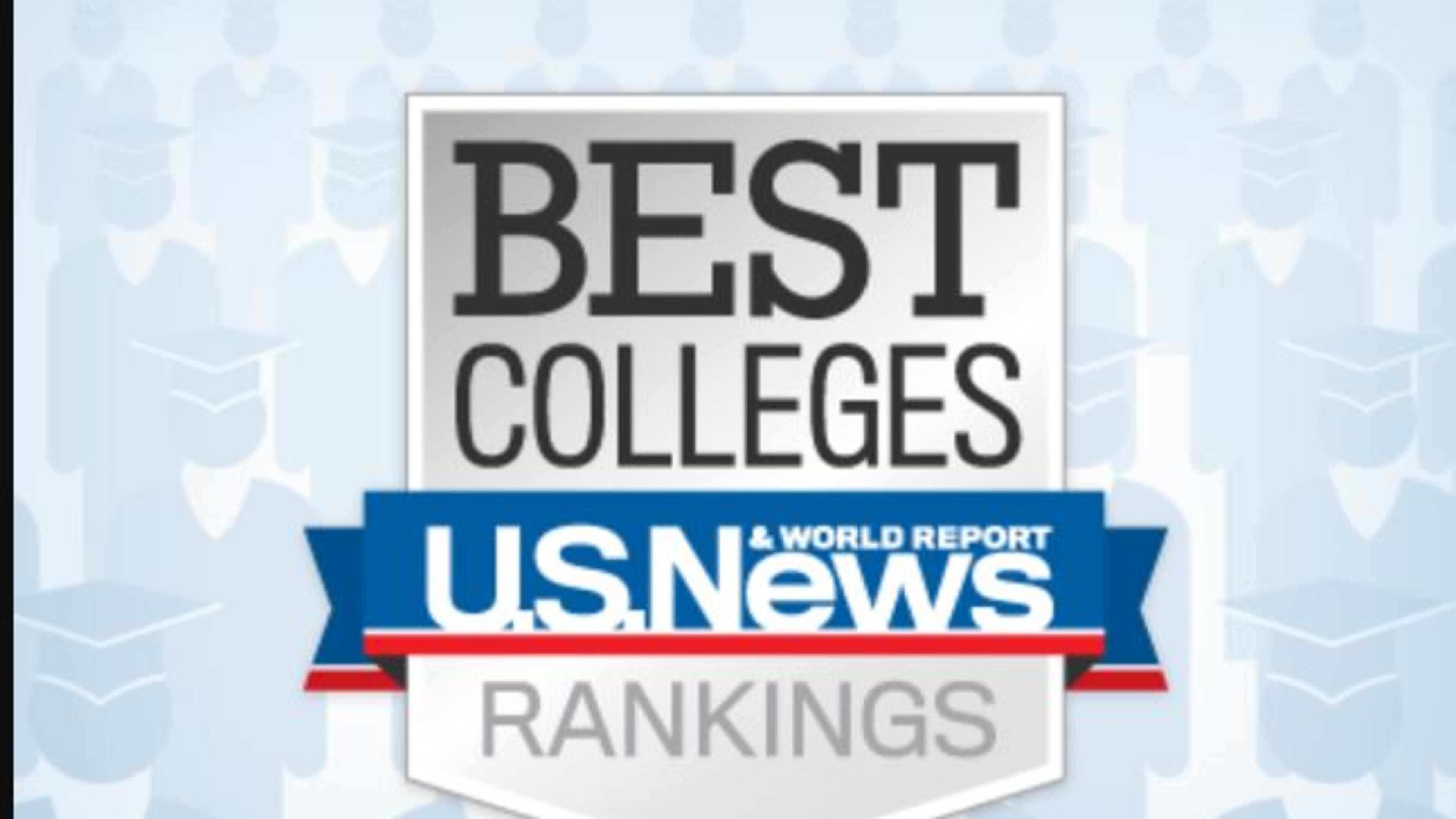Opinion: Flagship universities have developed obsession with climbing rankings

Erin M. Carr formerly served as associate director of career development at the University of Florida Levin College of Law. She is now director of Title IX and Equal Opportunity Programs at Everett Community College in Washington state.
In this guest column, Carr assails the arms race in college rankings that has resulted from the annual U.S. News & World Report lists of best campuses.
By Erin M. Carr
Like many of the American institutions we implicitly trust, our higher education system is widely assumed to be an engine of social good. Collectively, we get those squishy, feel-good reactions in reflecting upon such notable historical moments as the passage of the GI Bill (which conveniently omitted veterans of color) and the expansion of educational access (which was late coming and still excludes large numbers of talented students). Although the U.S. higher education system has never been a model of equity, making it such remains a worthy aspirational goal.
But a seemingly benign media outlet poses perhaps one of the greatest threats to the development of an equity-based higher education system: U.S. News & World Report.
Over the past three decades, and using unregulated methods devoid of transparency, U.S. News & World Report has been remarkably successful in establishing itself as the pre-eminent authority on college rankings.
In doing so, the magazine has created a perverse incentive structure in which law schools and colleges are pushed to concentrate on improving short-term rankings at the expense of long-term visions of student success and engagement.
This ranking system, where data can be easily manipulated and those with resources have an insurmountable advantage, has allowed for the cementing, rather than the dismantling, of privilege under the guise of objectivity and fairness. Prestige and wealth are prioritized over educational access, inclusivity and student success.
In fact, a 2018 study conducted by Stanford University’s Graduate School of Education found many of the metrics relied upon by U.S. News & World Report were arbitrarily weighted and did not accurately represent the quality of the institution or student outcomes. In contrast, the research suggests that college engagement in the form of meaningful opportunities for learning —including internships and mentorship— has a far greater correlation to positive student outcomes than the institution that a student attends.
The concern regarding the widespread adoption of U.S News & World Report in determining educational quality prompted six U.S. Senators to publicly encourage the adoption of a fairer evaluation process. Even with calls from educators and politicians urging the reform of the rankings system, the changes have been negligible at best.
Among public institutions operating in resource constrained environments, the effects of the ever-escalating political pressure of the next rankings cycle has had especially disastrous effects on those students for whom academic institutions are intended to serve. Counter to the mission of public colleges, flagship universities have developed what can only be characterized as an obsession with climbing the U.S. News & World Report rankings.
The collegiate arms race will result in mutual destruction, beginning first with historically underrepresented students. During my tenure at a flagship public law school, I observed first-hand the precipitous decline in the concern for a student-centered education that accompanies a rise in national rankings.
As resources were systematically shifted to artificially inflate rankings metrics, the level of student support proportionally fell. Those students most harmed were also the most vulnerable and in need of resources. The ranking improvement of the institution shielded a dysfunctional administration from accountability, perpetrating dissatisfaction among students, staff, and faculty, all of whom lacked the influence to rival the prestige of U.S. News & World Report.
This column does not seek to suggest that data doesn’t matter or that information should not be made available for public consumption. But when data is selectively compiled, clandestinely massaged and then re-released, lacking transparency or context, back into the public sphere, its value should be considered significantly diminished. Instead, U.S. News & World Report’s college rankings are embraced as infallible.
The concentration of power—whether in the political, legal or educational realm—is dangerous in any form. A single entity given unbridled and unquestioned authority should not be allowed to determine an institution’s worth. If those already awash in privilege simply chase after more markers of prestige, we will have squandered the communal possibilities of a just educational system.
But, if we decide to demand more of ourselves, we must consciously dismantle all sources of concentrated power. Let’s start with rankings peddled by U.S. News & World Report.


